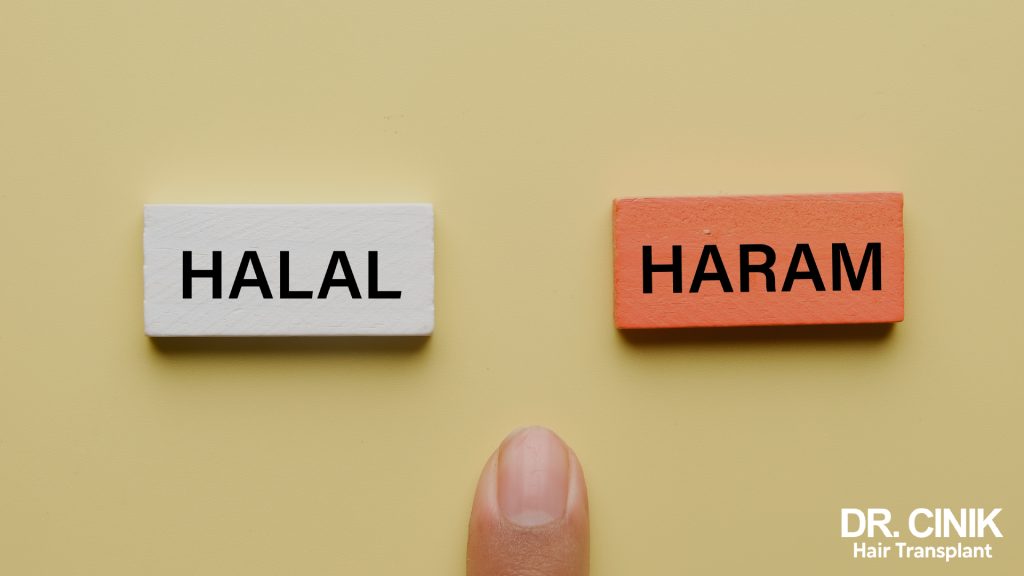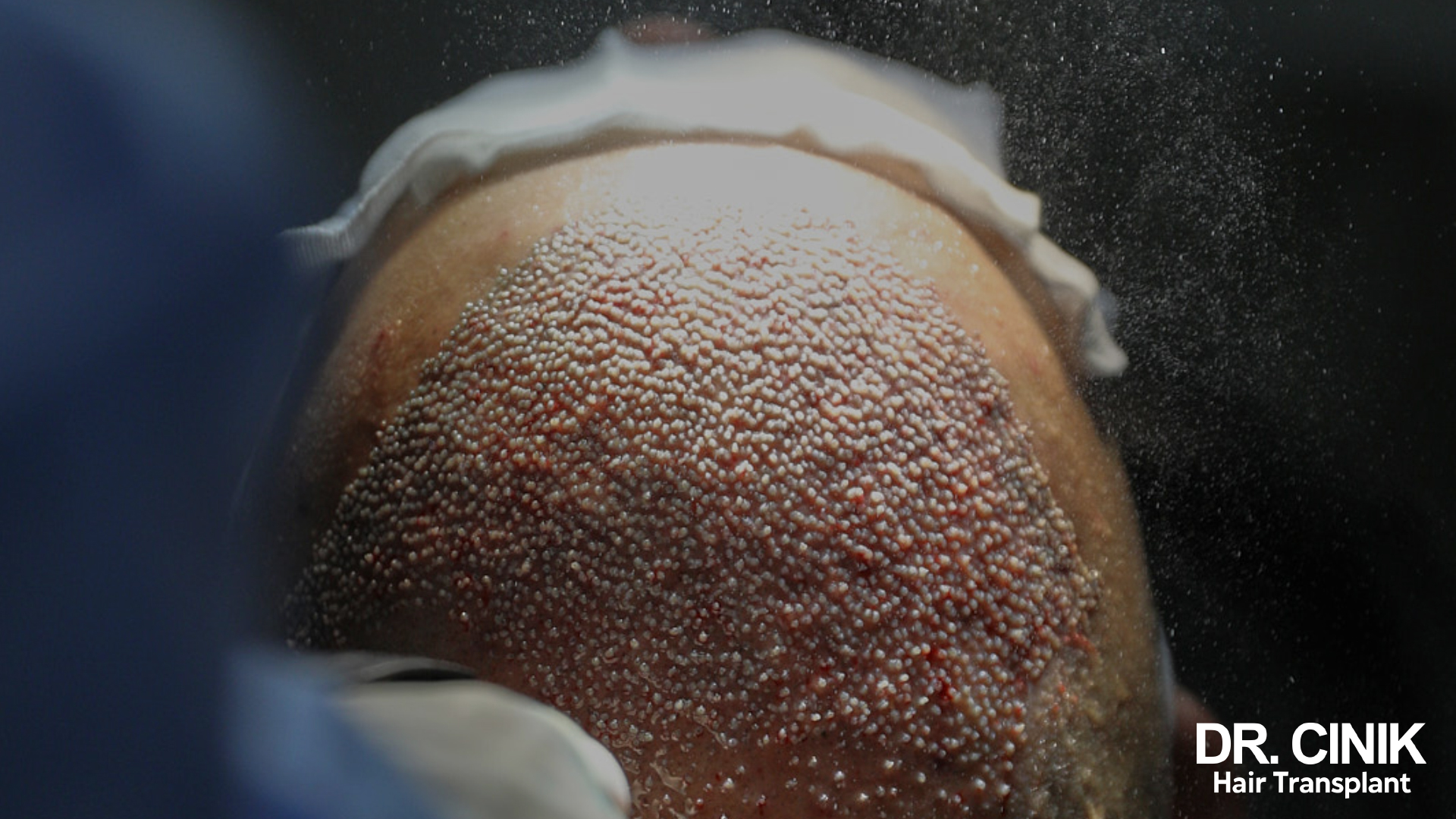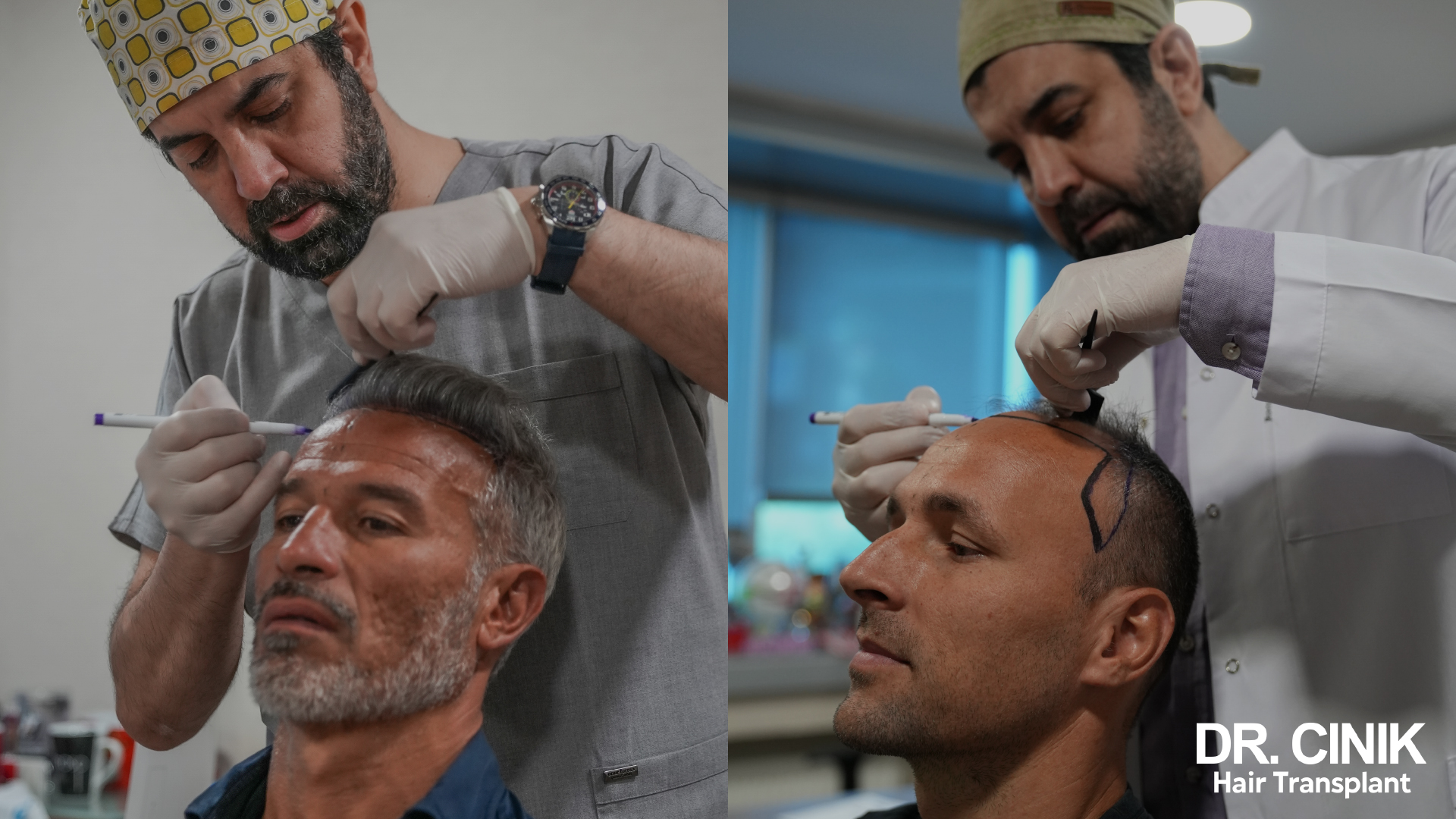Hair Transplantation in Islam: Halal or Haram?

Sommaire
As hair transplantation becomes an increasingly popular medical procedure, it prompts Muslim patients to ponder whether it aligns with the teachings of Islam. This article delves into the perspectives of Islamic scholars who, using their understanding of the sacred texts, have largely agreed that hair transplants are permissible in Islam. They consider it a halal remedy for baldness that adheres to the core values of the Muslim faith.

Understanding Hair Transplant Principles
Hair transplantation is a surgical procedure developed to address androgenetic alopecia. During the process, hair follicles are extracted from areas with ample hair growth, typically the back of the scalp, and grafted onto balding regions. There are several hair transplant methods, most notably the FUE (Follicular Unit Extraction) and DHI (Direct Hair Implantation) techniques.
A key aspect of hair transplants from an Islamic point of view is that they are autologous, meaning the procedure exclusively utilises the patient’s own hair. This aspect is particularly significant because it clearly differentiates hair transplants from practices deemed impermissible -alterations to Allah’s creation (haram) under Islamic principles. This distinction is vital for grasping Islamic scholars’ stance on hair transplants, which tend to view the procedure as a permissible (halal) form of treating androgenetic alopecia.

The Islamic Stance on Hair Transplantation
The stance within Islam regarding hair transplantation is one that Sheikh Muhammad ibn’ Uthaymin and other scholars endorse (Al-Bukhari, 3277, and Muslim, 2964) (Fatawa’ Ulama al-Balad al-Haram, p. 1185), determining the procedure as halal. This approval is contingent on the intention behind the transplant: it is permissible when aiming to remedy a physical irregularity, such as baldness, but not when done simply for aesthetic enhancement out of vanity. This viewpoint is rooted in the Islamic commitment to uphold health and well-being. Hair transplants are thus deemed an act of restoring Allah’s creation rather than an unacceptable cosmetic change.

Intention in Hair Transplants: Correcting Defects Versus Vanity
In Islam, the line between correcting a physical flaw and pursuing vanity plays a vital role in determining the acceptability of medical procedures like hair transplantation. Seeking aesthetic enhancement out of sheer vanity is often viewed as incompatible with Islamic values. On the other hand, addressing a condition like baldness is generally considered differently. This moral distinction emphasises the significance of the underlying intentions, which is a central element in Islamic jurisprudence.
Ethical and religious considerations in Islam emphasise the intent and purpose behind health-related decisions. Thus, as long as it aligns with these foundational principles, hair transplantation is embraced as a valid medical treatment in the Islamic community.
 en
en



